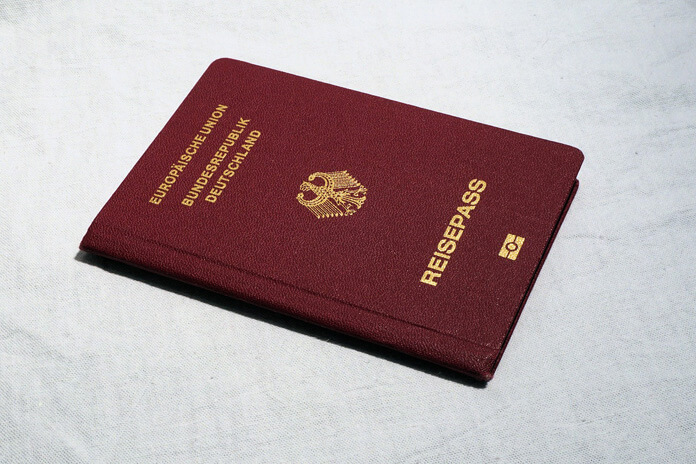Ever thought of yourself as a German at heart? Current events have you thinking about packing up and starting somewhere new?
Well becoming a German citizen – or being able to stay in the country indefinitely as a permanent resident is not quite as impossible as it seems.

Three ways to stay in Germany forever
1. Become a citizen
Want to become an official Deutscher? To get naturalized citizenship, you have to have lived in Germany under a limited residence permit for at least eight years. This can be shortened to seven if you take a German-language integration course. There are more expensive options – such as the Goethe Institute – or relatively inexpensive version such as those from the Volkshochschule (similar to community college).

But key for becoming a German citizen is the ability to speak very good German. This means you have to be able to easily cope with daily life – including the authorities. You should be able to generally read, understand and orally reproduce a German text on a general topic.
In addition to language, you also have to be able to support yourself financially, have no criminal record, and be willing to give up your nationality – except if your home country does not allow this – and pass a “naturalization test” about the country’s laws, history and people.
2. Become a permanent resident
The general requirements of this permit are to have adequate German skills, be able to support yourself financially, have health insurance and no criminal record. This is a great option for those that want to have the flexibility to stay in Germany as long a they like, but don’t want to renounce their current citizenship – a requirement to become a German citizen in many cases.
After living in Germany for at least five years under a time-limited residence permit – such as student or work – you can apply for a EC residence. If you acquire this, you can also live anywhere else in the EU as well.
In addition the permanent resident permit, there is also a settlement permit. With this one, you don’t enjoy the same freedom of movement as with the EC, but it can sometimes be attained in less than 5 years. If you graduate from a German university, for example, you can apply two years after graduation for a settlement permit.
There is also the EU Blue Card – possible only for people who are earning an income of over €49,600 or €38,688, depending on the profession. This is possible after working 33 months, or just 21 with a B1 language certificate. If you choose to start your own business or be self-employed with a successfully established business, you can also apply for the EU Blue Card after three years.
![EU Blue Card. By Opihuck (Bundesgesetzblatt 2012, I S. 1230) [Public domain], via Wikimedia Commons.](https://www.ferryhouse.ag/wp-content/uploads/2016/11/EU-Blue-Card.jpg)
Impatient? It’s also possible to get immediate permanent residence if you are a “highly qualified” immigrant – i.e. scientist, instructor, researcher or have firm job offers.
3. Marry or have kids
Being married to a German, or in a same-sex relationship can make the transition to a permanent stay much easier. The spouses must live in Germany legally for three years and have been married to their partner for at least two at the time of the application.

A good command of the German language is also required, as is a clean criminal record check. If you have a child with a German, even outside of the country, the child is eligible for citizenship. If you and your partner are not German, but have a child in the country, they can also get citizenship under certain circumstances. At least one of the parents must have lived in Germany for at least eight years and have permanent residence permission.







